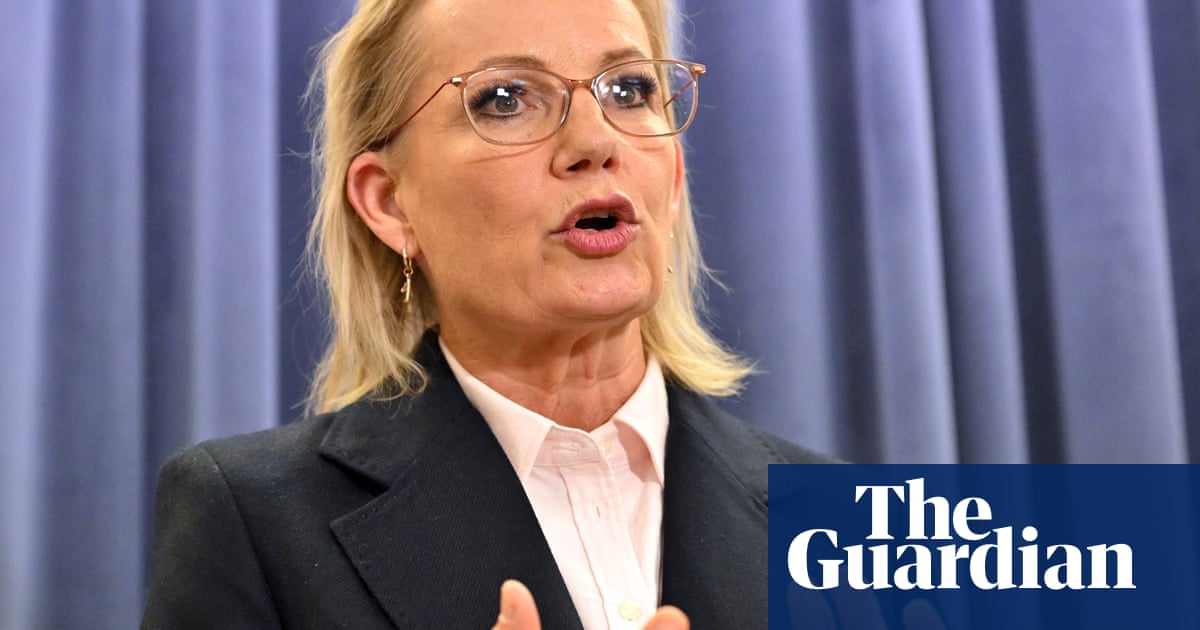Anthony Albanese has been labelled “vindictive” by the opposition after cutting its staffing numbers in the wake of Labor’s thumping election win.
Pauline Hanson also claims One Nation was denied its fair share of advisers after doubling its Senate seats, accusing Albanese of a “capricious and politically motivated” move against the rightwing party.
Almost seven weeks on from the election and with federal parliament set to resume on 22 July, Albanese has finalised staffing allocations for opposition and crossbench MPs for the next term.
The prime minister has discretion over the allocation of personal staff, which are typically more senior advisers who assist MPs with policy development, political strategy and media.
After weeks of uncertainty, Albanese informed the opposition leader, Sussan Ley, late on Monday night that the opposition would lose roughly 20 personal staff roles, including 16 senior adviser positions.
The Coalition had 106 personal staff positionsbefore the election, 39 of which were based in the former opposition leader Peter Dutton’s office.
Labor sources confirmed Albanese’s decision was based on the Coalition’s diminished numbers after it lost 15 lower house seats and three Senate spots at the 3 May election.
Sign up for Guardian Australia’s breaking news email
Albanese also decided to cut about 10 of the government’s own positions, reducing its overall staffing numbers despite gaining 21 new MPs and senators at the election.
The government had 499 positions in the last parliament, including 65 in Albanese’s office.
The Coalition maintained it was entitled to 21% of the government’s allocation under a longstanding parliamentary convention, which would equate to about 102 positions for Ley’s team.
Instead, the opposition would receive about 85.
Those roles would be spread across Ley’s 30-member shadow ministry, which was a similar size to Dutton’s frontbench.
The shadow special minister of state, James McGrath, said Albanese’s “vindictive and nasty” decision was an “attack on accountability”.
“The Australian people deserve an opposition that is resourced appropriately to be able to hold the government to account, especially during such a precarious and challenging time for our country,” McGrath said.
The Greens’ staffing numbers had also been cut after the loss of three seats anddefection of Dorinda Coxreduced their numbers in federal parliament from 15 to 11.
Guardian Australia understands the Greens will receive about 3% of the government’s share, which equates to roughly 14 positions – down from 19 in the previous term.
Sign up toBreaking News Australia
Get the most important news as it breaks
after newsletter promotion
Albanese infuriated crossbenchersat the start of the last term after slashing their staffing allocation in one of his first acts as prime minister.
The government eventually handed all parliamentarians an extra electorate officer – an increase from four to five – to help them manage the workload.
Several independent MPs and senators confirmed to Guardian Australia that their staffing numbers were unchanged from the previous term.
However, Hanson was furious with One Nation’s allocation.
The Senate crossbenchers – including Hanson and her colleague Malcolm Roberts – were allocated two senior advisers each in the previous term.
But after One Nation won two extra seats at the May election, Albanese has allocated the party four adviser positions – just one for each senator.
“Adequate staffing only applies if the prime minister doesn’t deem you a political threat,” Hanson said.
“I will seek an urgent meeting with the prime minister in an effort to renegotiate the staff One Nation are allocated.”
The prime minister’s office was contacted for comment.
In a statement to Guardian Australia, a government spokesperson said it was “routine practice to revise staff allocations in a new parliamentary term”.
“Staffing allocations are made based on a range of considerations, including demonstrated need and individual circumstances,” the spokesperson said.
